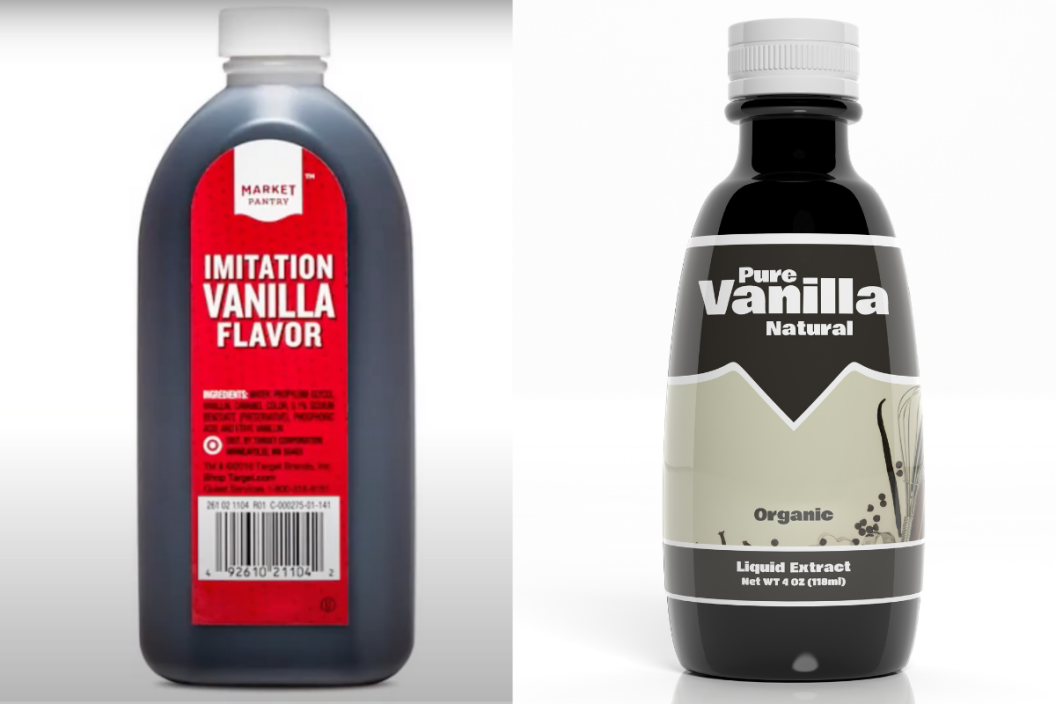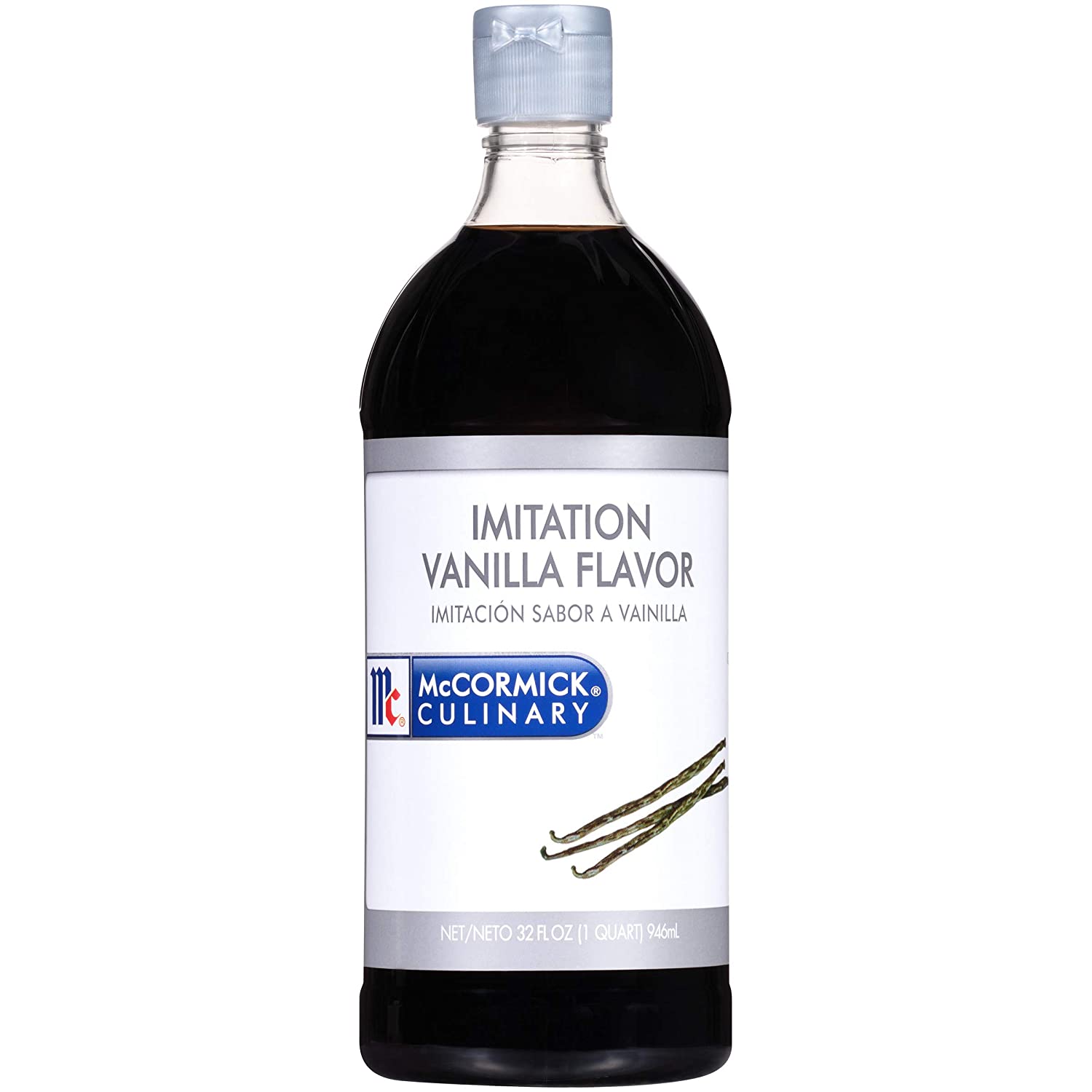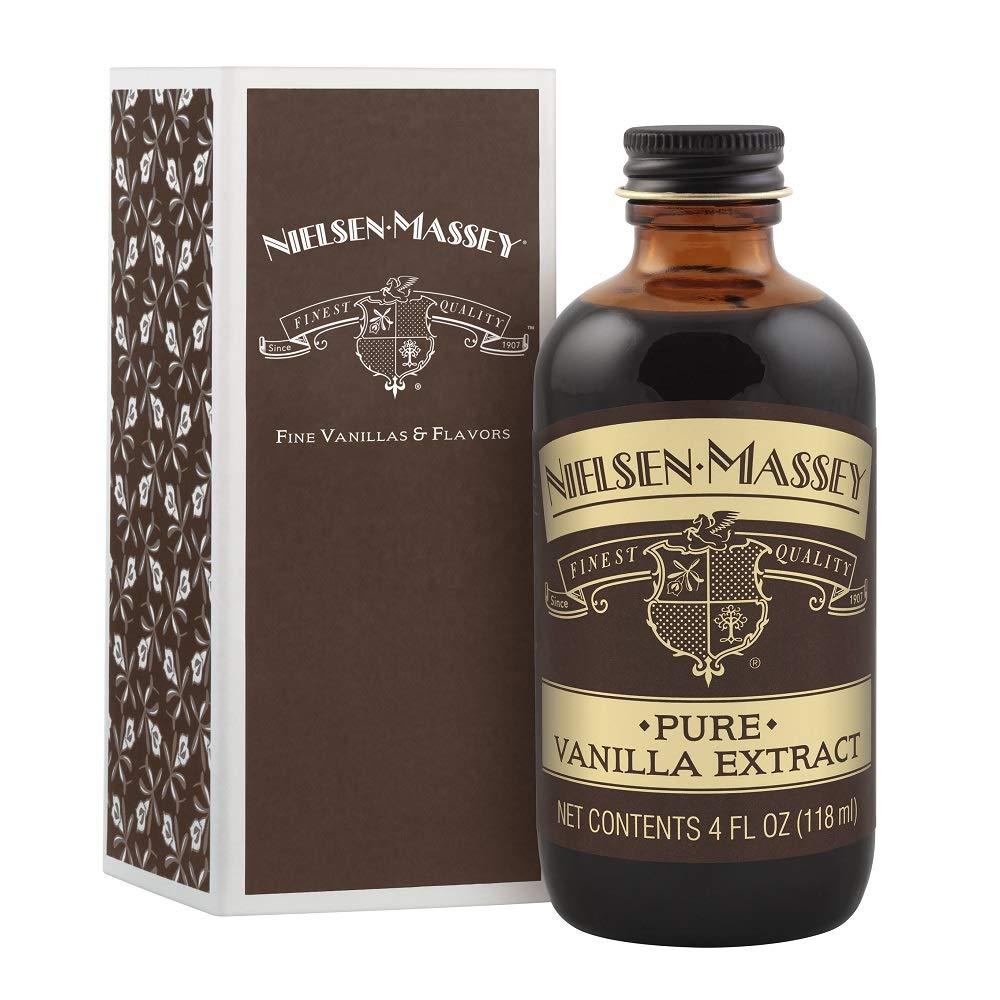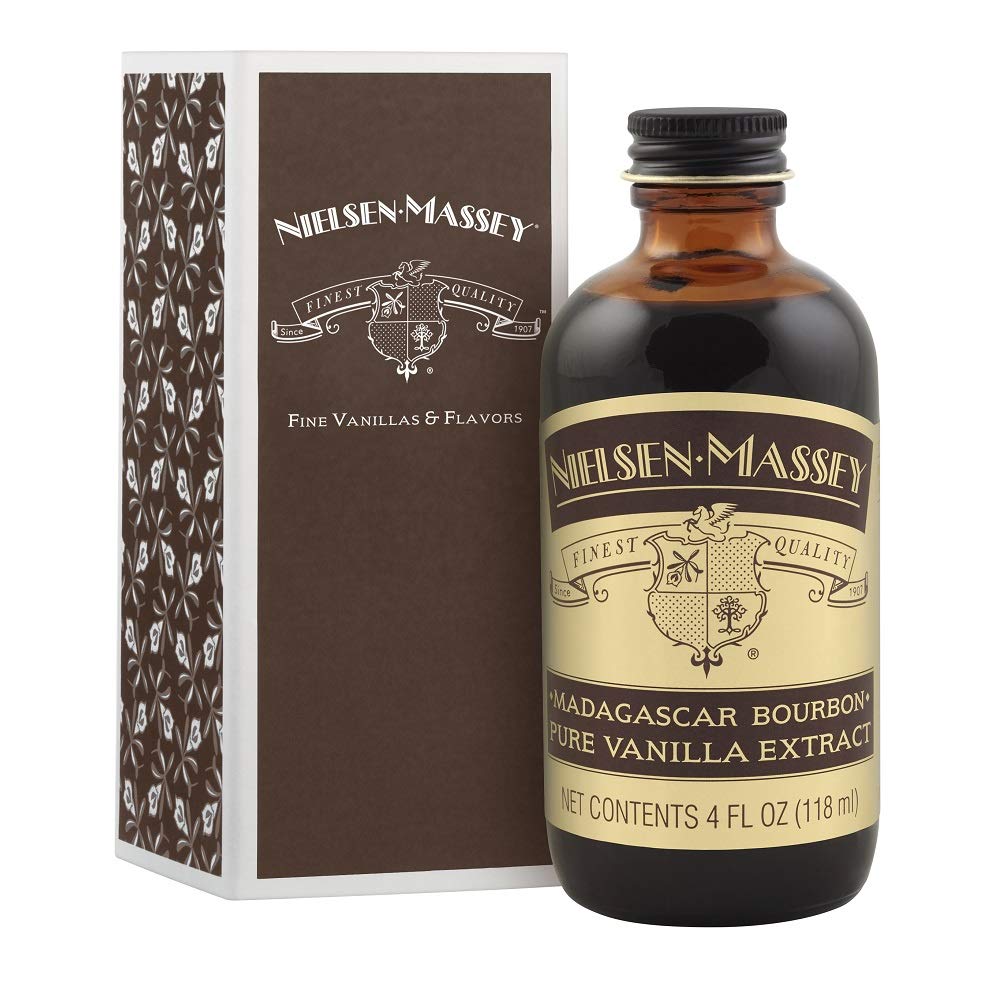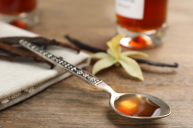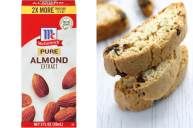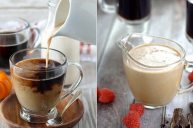If you've ever gotten confused by the many bottles of vanilla on the grocery store shelf, you're not alone. There's pure vanilla extract, real vanilla extract, Madagascar vanilla extract, imitation vanilla extract, vanilla flavoring, and probably a few other types of vanilla. Whether you're making cupcakes, chocolate chip cookies, or vanilla ice cream, you want your favorite recipe to turn out well, so choosing wisely is important. It always feels like you're under some kind of pressure to get the right thing, but what's right for you may depend on cost and availability.
Videos by Wide Open Country
How do you decide between pure vanilla extract and imitation vanilla extract? You can base your decision on cost, taste, or ingredients. We'll walk you through all the considerations so you know you're getting the right vanilla.
What Ingredients Are In Imitation Vanilla Extract?
Imitation sounds like the vanilla is fake, right? Yes and no. The vanilla flavor in imitation vanilla extract is derived from vanillin, which is the same naturally occurring flavor compound found in whole vanilla beans that give vanilla its rich flavor. Vanillin can be created synthetically, which as you might imagine, is far less expensive. Some of the things synthetic vanillin can be derived from are clove oil, pine sap, and wood pulp, which is a by-product of the paper industry.
Imitation vanilla extract usually includes other ingredients like corn syrup and artificial flavorings. It also includes a caramel color, because the one way you can tell for certain if it's artificial vanilla is if the extract is clear. McCormick is high quality a popular brand of imitation vanilla, but there are many options.
Ingredients Found in Pure Vanilla Extract
Pure vanilla extract, on the other hand, must have 13.35 ounces of vanilla bean extractives per gallon during extraction and the final extract must be 35 percent alcohol. The standards are set by the FDA, which mandates that the vanilla taste in the pure vanilla extract can only come from vanilla beans. The FDA doesn't say anything about other ingredients being added to the extract, as long as they don't affect the flavor. So you may find pure vanilla extracts with added sugar or corn syrup.
Some vanilla makers add additional alcohol to the mix; it doesn't add vanilla flavor, but it does add a deeper, richer note to the extract.
You may see vanilla flavoring on the shelves. It's a mixture of imitation vanilla extract and pure vanilla extract. Really, there's no reason to get this one. It might be a little bit cheaper, but the difference in its flavor profile isn't enough to justify its purchase.
You might also find bourbon vanilla extract, also called Madagascar vanilla extract. This delightful vanilla extract gets its name, not from the liquor, but because it's made with Madagascar vanilla beans that come from the island of Réunion, which was once called Ile Bourbon. You can use any kind of drinking alcohol as long as the pure vanilla beans are Madagascar vanilla beans.
Which vanilla should you use?
You might think that the pure vanilla option would win every time, right? According to Cook's Illustrated, that's not always true. Their experts did a taste test and analysis and discovered that, for some things like frosting and pudding, imitation vanilla extract was the favorite. And for other items, like baked goods, the testers couldn't really tell the difference between the real and imitation vanilla products.
That's because some imitation vanilla extracts use more vanillin overall, and some extracts like Baker's Imitation Vanilla Flavor (which was the favorite in the taste test) use both vanillin and ethyl vanillin, which gives the final product a strong, recognizable vanilla taste.
The bottom line here is that you don't have to feel bad for picking up imitation vanilla extract to use in cooking and baking. The best vanilla extract is the one whose taste you like best. If you're going to use imitation vanilla, though, make sure you get the one with the highest quality ingredients.
You can also make your own natural vanilla extract at home. All you need is your choice of alcohol (rum or bourbon works beautifully) and vanilla beans, plus about a month to let the beans infuse the alcohol. Here's a recipe to get you started!
Editor's Note: Products featured on Wide Open Eats are independently selected by our editors. However, when you buy something through our links, we may earn a commission.
This article was originally published on June 22, 2020.
